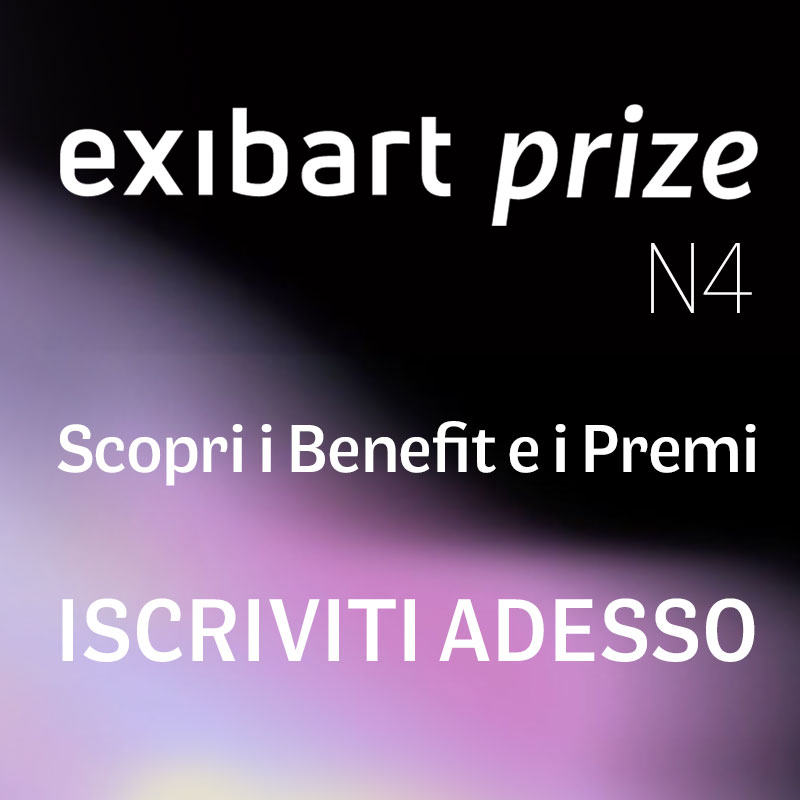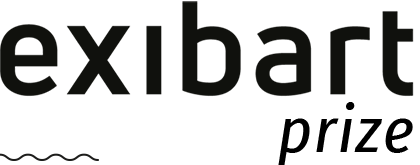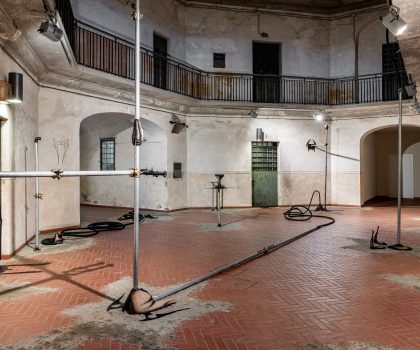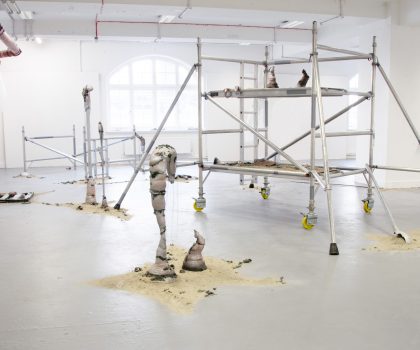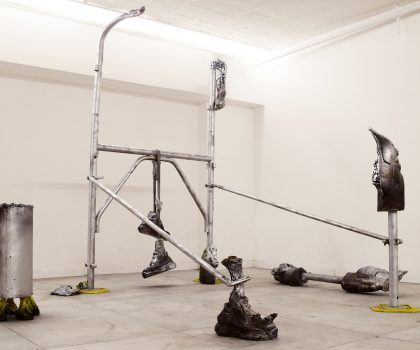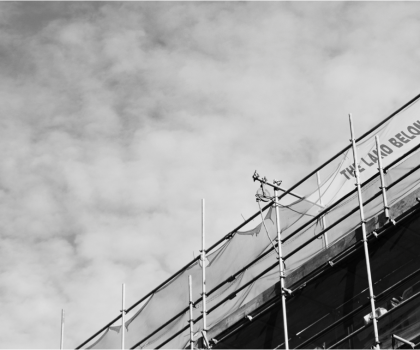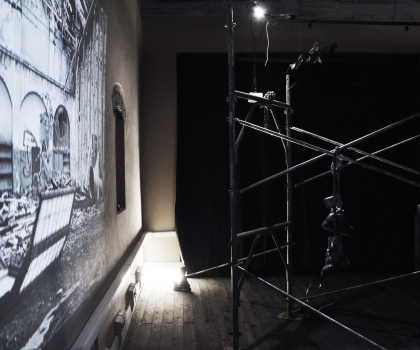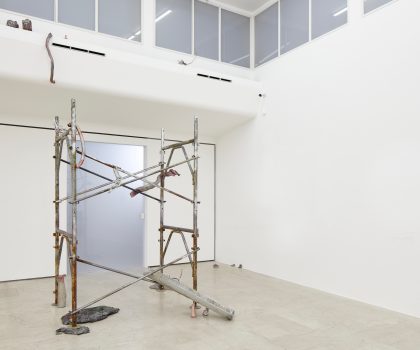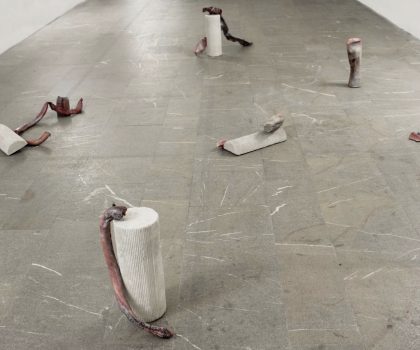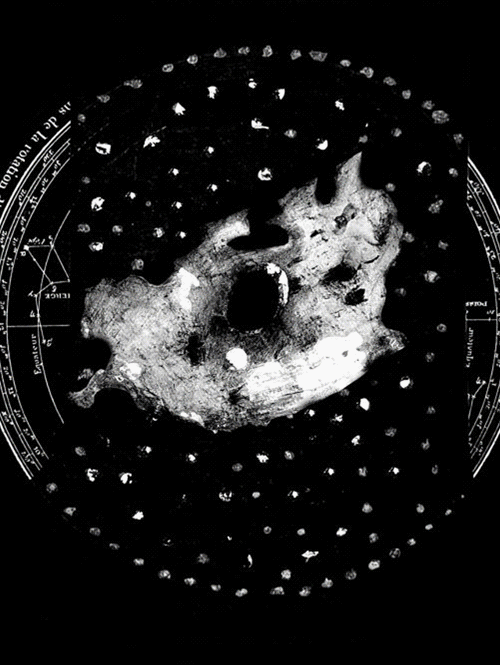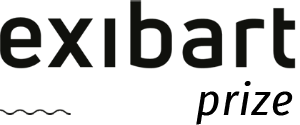Elisa Capucci (b. 1998) is an Italian artist currently living and working in Copenhagen, Denmark. Her practice operates at the intersection of installation, theory, and material experimentations, and is rooted in Speculative Realist, Neo-Materialist, and Post-humanist frameworks.She earned her BA and MA in Sculpture at the Academy of Fine Arts in Bologna and later completed an exchange MA in Fine Arts at Chelsea College of Arts (UAL), London. Her professional experience includes working as a studio assistant for Michael Dean (London) and Uffe Isolotto (Copenhagen), as well as founding HIDDEN GARAGE, an independent space dedicated to emerging artists and autonomous curatorial practices in Bologna, Italy.Elisa’s work investigates sculpture not only as a formal or aesthetic pursuit but as an epistemic and pedagogical methodology. Drawing from Speculative realism and vital materialism, she explores sculpture as a diffractive tool capable of reconfiguring human relationships with matter, cognition, and socio-material entanglements. Her installations often activate hybrid environments composed of urban residues, industrial fragments, and organic elements, functioning as living systems that blur the boundaries between body, space, species, and infrastructures.Her ongoing research positions sculpture as a site of multi-sensory engagement and ecological literacy. She is particularly interested in how material agency, especially that of neglected or discarded matter, can foster embodied awareness, cognitive flexibility, and ethical responsibility within contemporary socio-economic and ecological conditions. Resonating with Donna Haraway’s call to “stay with the trouble,” her sculptural processes embrace histories that are as full of endings as beginnings, cultivating partial recuperation, interspecies companionship, and situated forms of getting on together. These concerns also inform her workshop-based approaches, where sculptural making becomes a collaborative practice of shared inquiry, attunement, and mutual transformation.
Elisa Capucci (b. 1998) is an Italian artist currently living and working in Copenhagen, Denmark. Her practice operates at the intersection of installation, theory, and material experimentations, and is rooted in Speculative Realist, Neo-Materialist, and Post-humanist frameworks.She earned her BA and MA in Sculpture at the Academy of Fine Arts in Bologna and later completed an exchange MA in Fine Arts at Chelsea College of Arts (UAL), London. Her professional experience includes working as a studio assistant for Michael Dean (London) and Uffe Isolotto (Copenhagen), as well as founding HIDDEN GARAGE, an independent space dedicated to emerging artists and autonomous curatorial practices in Bologna, Italy.Elisa’s work investigates sculpture not only as a formal or aesthetic pursuit but as an epistemic and pedagogical methodology. Drawing from Speculative realism and vital materialism, she explores sculpture as a diffractive tool capable of reconfiguring human relationships with matter, cognition, and socio-material entanglements. Her installations often activate hybrid environments composed of urban residues, industrial fragments, and organic elements, functioning as living systems that blur the boundaries between body, space, species, and infrastructures.Her ongoing research positions sculpture as a site of multi-sensory engagement and ecological literacy. She is particularly interested in how material agency, especially that of neglected or discarded matter, can foster embodied awareness, cognitive flexibility, and ethical responsibility within contemporary socio-economic and ecological conditions. Resonating with Donna Haraway’s call to “stay with the trouble,” her sculptural processes embrace histories that are as full of endings as beginnings, cultivating partial recuperation, interspecies companionship, and situated forms of getting on together. These concerns also inform her workshop-based approaches, where sculptural making becomes a collaborative practice of shared inquiry, attunement, and mutual transformation.

